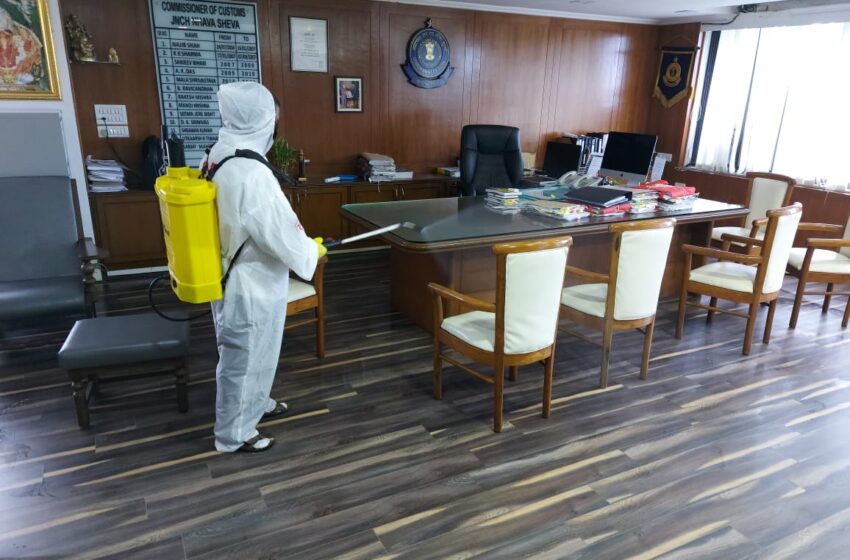Harmful Spiders vs. Harmless Spiders

Spiders come in more than 45,000 different varieties. It might be unsettling to discover a spider on your property, particularly if you do not really know whether it poses a threat. Even though you don’t have arachnophobia, it is advisable to exercise caution around these spiders because their venom might result in an unpleasant bite. Opting for pest control in San Antonio becomes vital in such cases.
Moving forward, it’s time to question if the spider is really dangerous or harmless in your home. Your family’s safety can be improved by being aware of the differences. Here is all the information you require regarding deadly spiders in your household.
Spiders You Shouldn’t Really Be Alarmed By
Have you seen any of these bugs in your house? If yes, the best part is that they are completely safe. At worst, a bite from one of these spiders will produce minor skin discomfort.
- Cellar spiders are modest in size and have long legs. While their legs are about two inches long, their bodies are only a third of an inch long.
- Jumping spiders possess white patches all over their black bodies. They range in size from 1/8 to 3/4 of an inch.
- Wolf spiders can grow to be as much as two inches in length as adults. Their bodies are striped in gray, brown, and black.
Spiders You Must Be Concerned About
Venomous bites from this group of spiders need medical attention. When eliminating these harmful insects from your home, make sure you exercise caution.
- White Widow: The backs of spiders are marked with red hourglass patterns on a black background. Males have white, yellow, and red stripes in place of these hourglass-shaped markings.
- Brown Recluse Spiders feature incredibly lengthy legs and a light brown body. They have violin-shaped dark brown spots on their temples. Most don’t measure more than 1/4 of an inch. When a brown recluse infection is severe, seizures or comas may result in addition to fever, nausea, and joint discomfort. Thankfully, these spiders generally avoid humans and won’t attack unless provoked.
How to Keep Spiders Out of Your House?
Roaches, bugs, termites, and beetles are among insects that can harm your home and let spiders crawl in. Here are a couple of extra tips for keeping spiders away from your home.
- Food should be kept in closed bags or containers.
- Fix clogged drains and leaky pipes
- Keep debris to a minimum so that spiders can’t use it as a hiding place.
- Repair foundational and structural cracks in your home.
- Regularly trim the plants surrounding your property.
- Installing temperature stripping and entrance sweeps will add additional security.
- Avoid placing damp fuelwood nearby.